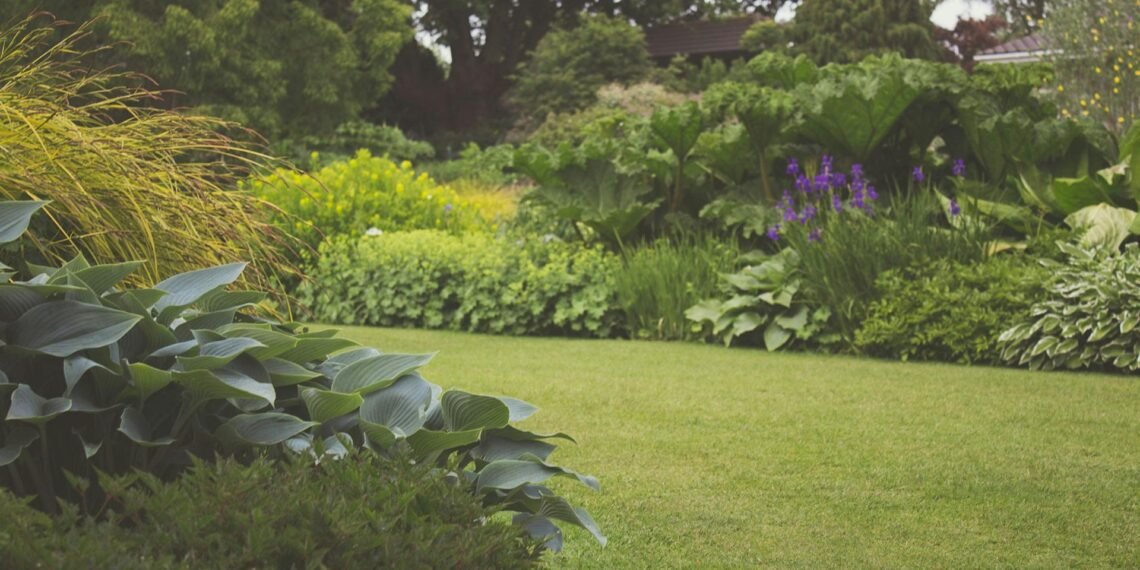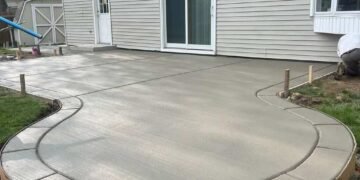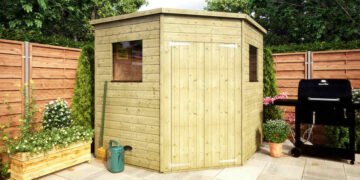A lush yard doesn’t have to mean high water bills and constant mowing. Eco-friendly landscaping transforms outdoor spaces into sustainable paradises. Bold choices today ensure a greener tomorrow. It’s time to dig into change.
Plant Native Species
Going local isn’t simply trendy; it’s transformative. Native plants adapt to local climates, reducing water and pesticide needs. The environment sings as birds, bees, and butterflies are drawn closer. Your garden appreciates the authentic touch.
With native species, you’ll also find landscapes that change with the seasons, offering a new visual appeal every few months. By choosing plants that have been naturally occurring in your area for centuries, you’re participating in nature’s time-honored dance. Besides, the easy maintenance of these species means your garden will thrive with less effort. Let local flora tell the story of your landscape.
By integrating native plants into your landscaping, you’re also encouraging biodiversity. These species provide habitats and food sources for local wildlife and contribute to a more resilient ecosystem. Their presence can foster a vibrant environment, encouraging unique inter-species relationships and healthier plant life.
/p>
Additionally, it’s important to manage trees and larger plants responsibly to maintain your landscape’s health and aesthetic appeal. Utilizing a tree service in Elkridge can assist in ensuring proper care and management of these vital garden components.
Opt for a Rain Garden
Puddles become possibilities with rain gardens. These smart ideas absorb and filter rainwater, preventing runoff. Capture these natural showers to nourish your plants. They say goodbye to erosion and greet us with charm.
A rain garden is more than just a functional solution; it offers aesthetic benefits as well. Picture a color-drenched space filled with irises, coneflowers, and sedges. These plants can handle both dryness and deluge, making them perfect for rain gardens. Moreover, rain gardens are a fun project for the family to work on together, turning a chore into a shared activity.
Establishing rain gardens not only beautifies your surroundings but also serves as an educational tool. It’s an excellent opportunity to learn and teach others about water cycles, sustainability, and the importance of water conservation. The ripple effect of knowledge can inspire neighbors and community members to adopt similar eco-conscious practices, amplifying the impact.
Mulch, Don’t Mow
Grass lawns are thirsty. Replace them with the gift of mulch. It conserves moisture and keeps weeds at bay. With less mowing, you’ll enjoy more time to relax and less guilt about water usage.
Incorporating mulch into your garden isn’t just an ecological choice; it’s also practical. It creates a steady, clean aesthetic that highlights the vibrant colors of your flowering plants. Mulch retains heat, promoting faster growth in spring and protecting roots from cold snaps in winter. It becomes a companion to plants, enhancing their growth and thereby elevating your entire green space.
Using mulch in strategic locations can also improve soil health by promoting microbial growth and boosting soil fertility. With mulch, you can enrich your garden ecosystem, giving your landscape the ability to self-sustain its beauty and function over the years. This approach to mulching provides an ongoing layer of protection and nourishment for your cherished plants.
Minimizing Waste
Ban food waste from landfills and turn it into gold. Compost generates nutrient-rich soil, better than store-bought fertilizers. Mother Earth will thank you with bountiful blooms.
The right approach to watering changes everything. Drip irrigation targets roots without excess waste. Schedule watering during cooler hours for maximum absorption. Remember, less is sometimes more.
Embrace Convenient Setups
Forget the boring asphalt seas of driveways and paths. Introduce ground covers like clover or thyme. They require minimal upkeep and add splashes of vibrant green. Paths and driveways become eco-centric corridors.
Inviting insects into your garden is a genius move. Bugs can help keep away pesky intruders naturally. Create natural habitats with materials like scraps of wood, twigs, or dry leaves. Your garden hums to the seasonal symphony of nature.
Solid paths seem practical but cancel nature’s filtration. Permeable pathways offer sustainability while supporting storm drains. From gravel to porous concrete, they merge style and sustainability seamlessly.
Final Thoughts
Green gardening offers beauty without guilt. Every choice nudges us closer to Earth’s original design. Implement these eco-friendly practices to ensure that the environment isn’t just surviving; it’s thriving. Embrace this call to action. Take a step forward for the planet. Green is the new gold.
















